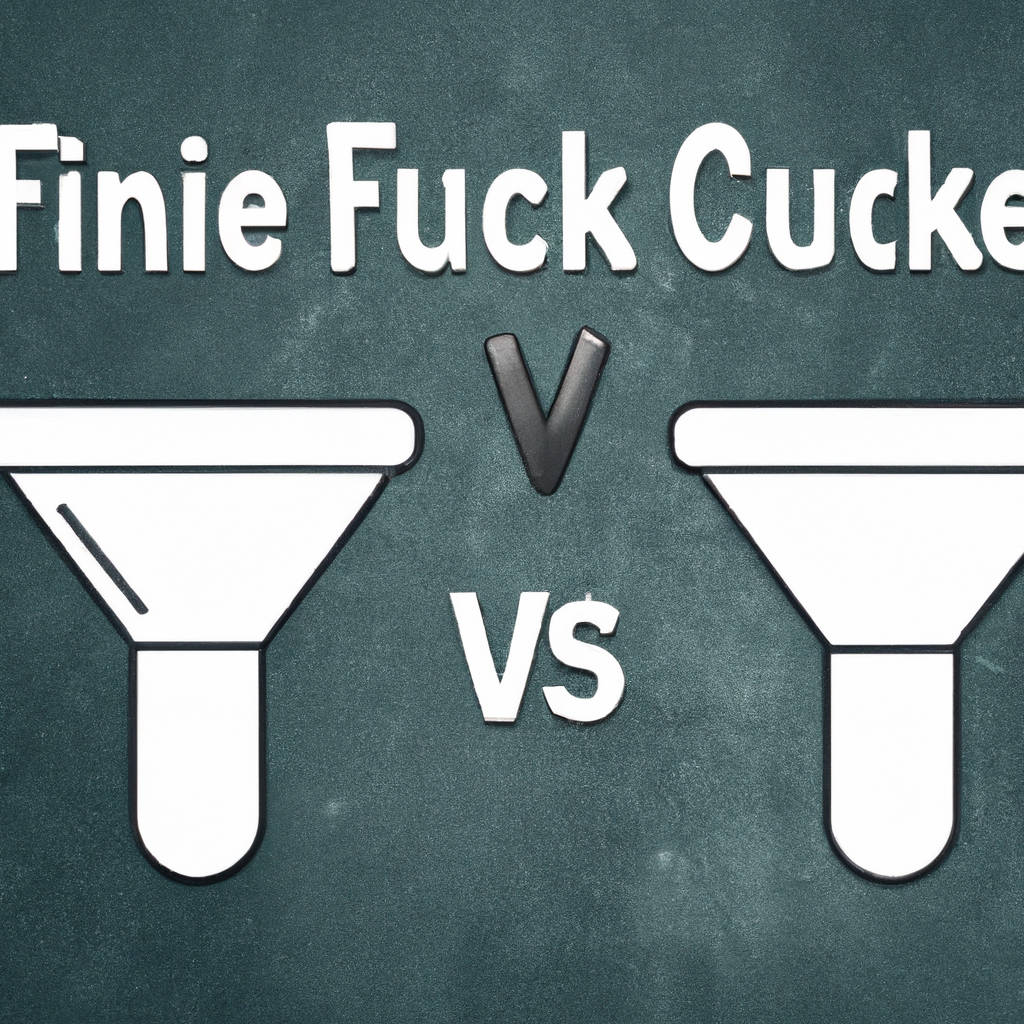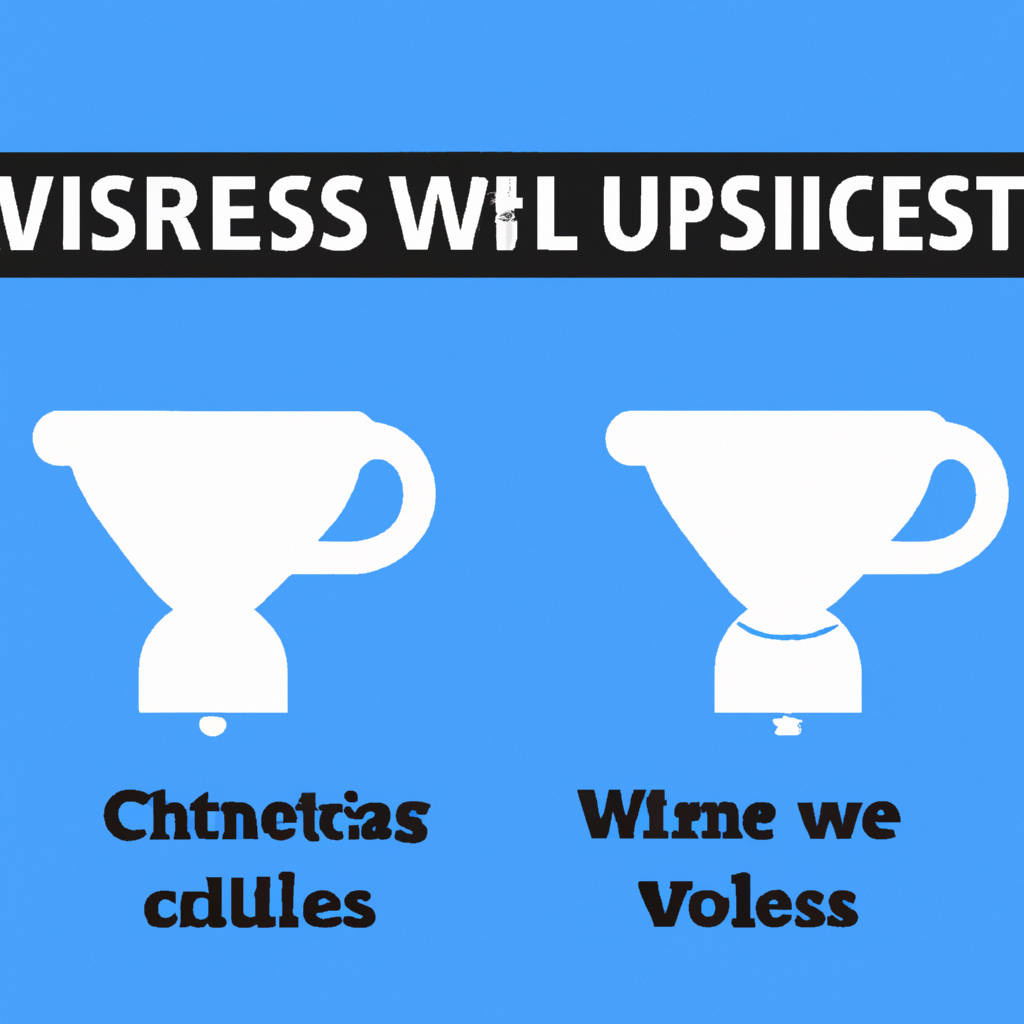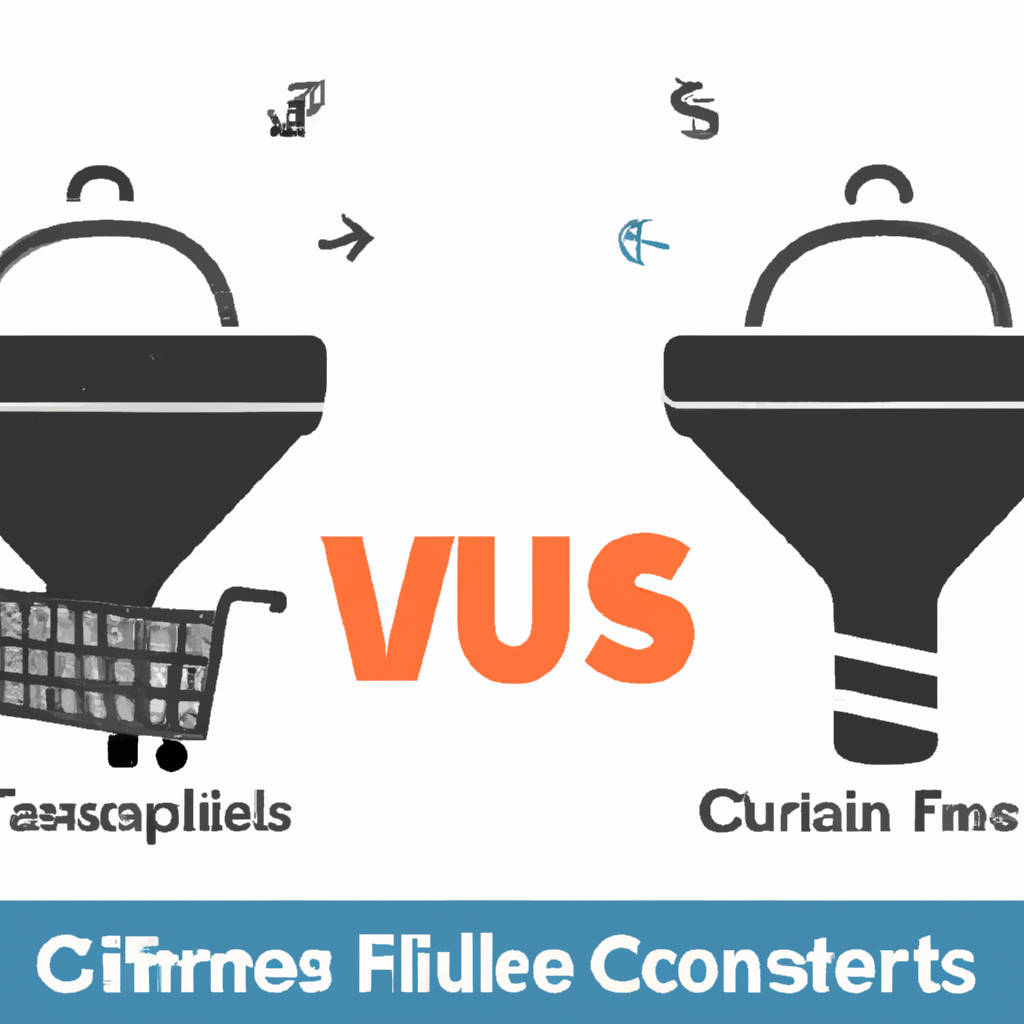WordPress vs ClickFunnels
WordPress and ClickFunnels are two popular platforms that are frequently compared when it comes to building websites and sales funnels. WordPress is a versatile content management system that allows users to create a wide range of websites, from blogs to e-commerce sites. It offers a high level of customization and flexibility, with thousands of themes and plugins available to enhance functionality.
On the other hand, ClickFunnels is a dedicated sales funnel builder that is designed to help businesses create optimized sales funnels for lead generation and conversion. It offers a range of templates and tools specifically tailored for creating sales funnels, making it a popular choice for businesses looking to streamline their sales process.
One of the key differences between WordPress and ClickFunnels is their focus and functionality. While WordPress is a general-purpose platform that can be used for a variety of website types, ClickFunnels is specifically designed for creating sales funnels.
This means that ClickFunnels offers a more streamlined and focused set of tools and features for building sales funnels, making it a more efficient choice for businesses looking to optimize their sales process. However, this specialization also means that ClickFunnels may not be as flexible or customizable as WordPress, which offers a wider range of options for building different types of websites.
Another important difference between WordPress and ClickFunnels is their ease of use. WordPress is a widely-used platform with a large community of users and developers, making it relatively easy to find help and resources for building and customizing websites.
ClickFunnels, on the other hand, is a more specialized platform with a narrower focus, which can make it easier for beginners to get started with building sales funnels. However, this simplicity can also be a limitation for more experienced users who may require more advanced customization options.
In terms of pricing, WordPress is generally considered to be more cost-effective than ClickFunnels. WordPress itself is a free platform, although users may need to pay for hosting and premium themes or plugins. ClickFunnels, on the other hand, has a monthly subscription fee that can be quite expensive for some businesses.
However, ClickFunnels does offer a range of features and tools specifically designed for creating sales funnels, which may justify the higher cost for businesses looking to optimize their sales process.
Overall, the choice between WordPress and ClickFunnels will depend on the specific needs and goals of your business. If you are looking to create a general-purpose website with a high level of customization and flexibility, WordPress may be the better choice.
On the other hand, if you are looking to create optimized sales funnels for lead generation and conversion, ClickFunnels may be the more efficient option. Ultimately, both platforms have their own strengths and weaknesses, so it is important to carefully consider your business needs before making a decision.

WordPress vs. ClickFunnels: Pricing
When comparing WordPress and ClickFunnels in terms of pricing, it’s important to consider the different features and functionalities each platform offers. WordPress is known for being a highly customizable and flexible platform that allows users to create a wide range of websites, from simple blogs to complex e-commerce stores.
While WordPress itself is free to use, users may incur additional costs for hosting, themes, plugins, and other necessary tools. ClickFunnels, on the other hand, is a more specialized platform focused on creating sales funnels and marketing campaigns. ClickFunnels offers a range of pricing plans, with the basic plan starting at a lower cost than some of the more advanced features.
However, as users add more features and funnels to their account, the cost can quickly add up. Ultimately, the decision between WordPress and ClickFunnels comes down to the specific needs and goals of the user. Users looking for a more customizable and versatile platform may prefer WordPress, while those solely focused on creating sales funnels and marketing campaigns may find ClickFunnels to be a more cost-effective option.
WordPress vs. ClickFunnels: Ease of Use
When it comes to ease of use, both WordPress and ClickFunnels offer unique advantages. WordPress is known for its versatility and ease of customization, allowing users to create a wide range of websites with different functionalities. Its user-friendly interface and vast library of plugins make it easy for beginners to get started with building their websites.
On the other hand, ClickFunnels is specifically designed for creating sales funnels and marketing pages, making it a more specialized tool for online businesses. Its drag-and-drop editor and pre-designed templates make it easy for users to create high-converting landing pages without the need for any coding knowledge.
While WordPress may require a bit more technical know-how to fully customize and optimize, ClickFunnels offers a more streamlined and straightforward approach for users looking to quickly create effective sales funnels. Ultimately, the ease of use of each platform will depend on the specific needs and goals of the user.
WordPress may be more suitable for those looking for a versatile website builder, while ClickFunnels is a great option for those focused on creating sales funnels and marketing pages. Both platforms have their own strengths when it comes to ease of use, so users should carefully consider their requirements before choosing the best option for their needs.

WordPress vs. ClickFunnels: Customization
When it comes to customization, WordPress and ClickFunnels offer different levels of flexibility for users. WordPress is known for its extensive customization options, allowing users to create highly personalized websites with the help of themes, plugins, and code customization.
Users can easily modify the design and functionality of their WordPress site to suit their specific needs and preferences. On the other hand, ClickFunnels is more limited in terms of customization options. While users can create custom funnels and landing pages, they are restricted to the templates and design elements provided by ClickFunnels.
This can be limiting for users who have specific design requirements or want more control over the look and feel of their website. Overall, WordPress provides a higher level of customization for users who are looking to create a unique and tailored website, while ClickFunnels may be more suitable for users who prefer a simpler and more streamlined approach to website design.
WordPress vs. ClickFunnels: Publishing Tools
WordPress and ClickFunnels are two popular platforms used for publishing content online. WordPress is a versatile content management system that allows users to create websites, blogs, and online stores with ease. It offers a wide range of themes and plugins that can be used to customize the appearance and functionality of a website.
ClickFunnels, on the other hand, is a specialized tool designed for creating sales funnels and marketing campaigns. It offers a more streamlined and focused approach to online marketing, with features such as drag-and-drop page builders and pre-designed templates.
When it comes to publishing tools, WordPress has a slight edge over ClickFunnels in terms of flexibility and customization options. With WordPress, users have full control over the design and functionality of their websites, allowing them to create unique and highly customized online experiences. ClickFunnels, on the other hand, is more limited in terms of design options, as it is primarily focused on creating sales funnels and landing pages.
However, ClickFunnels excels in terms of ease of use and efficiency. Its drag-and-drop interface makes it easy for users to quickly create and publish high-converting landing pages and sales funnels without the need for any technical expertise. In contrast, WordPress can be more complex to set up and customize, especially for beginners.
In conclusion, both WordPress and ClickFunnels offer powerful publishing tools that cater to different types of users. WordPress is ideal for those looking for a versatile and customizable platform for creating websites, blogs, and online stores. ClickFunnels, on the other hand, is a great choice for those focused on creating sales funnels and marketing campaigns with ease and efficiency. Ultimately, the choice between the two platforms will depend on the specific needs and goals of the user.

WordPress vs. ClickFunnels: Security
Security is a crucial aspect to consider when choosing between WordPress and ClickFunnels for your website needs. Both platforms offer different levels of security measures to protect your website from potential threats. WordPress, being an open-source platform, allows for more customization and flexibility in terms of security measures.
Users have the ability to install various security plugins and make changes to the code to strengthen the security of their website. However, this also means that users are responsible for keeping their WordPress site updated and secure. On the other hand, ClickFunnels is a more closed platform that comes with built-in security features to protect your website.
While this may offer a sense of security for users who are not tech-savvy, it also limits the ability to customize security measures. Ultimately, the level of security you choose will depend on your comfort level with managing security measures and the specific needs of your website. It is important to weigh the pros and cons of each platform’s security features before making a decision.
WordPress vs. ClickFunnels: eCommerce
WordPress and ClickFunnels are two popular platforms for setting up eCommerce websites. WordPress is a versatile content management system that can be customized with various plugins to create an online store. It offers a wide range of themes and plugins specifically designed for eCommerce, making it easy to build a fully functional online store.
On the other hand, ClickFunnels is a dedicated sales funnel builder that is designed to help businesses create high-converting sales funnels. While ClickFunnels is more focused on sales and marketing, WordPress offers more flexibility and customization options for eCommerce websites. ClickFunnels is known for its drag-and-drop interface and pre-designed templates that make it easy to create sales funnels without any coding knowledge.
However, WordPress allows for more control over the design and functionality of the website, making it a better choice for businesses looking to create a unique and customized online store. Ultimately, the choice between WordPress and ClickFunnels for eCommerce comes down to the specific needs and goals of the business. WordPress may be a better option for businesses looking for more flexibility and customization, while ClickFunnels may be a better choice for businesses focused on creating high-converting sales funnels.

Getting Started with WordPress: Best Practices
When it comes to getting started with WordPress, there are a few best practices that can help set you up for success. First and foremost, it’s important to choose a reliable hosting provider that offers good support and security features. This will ensure that your website is always up and running smoothly.
Additionally, it’s essential to keep your WordPress software and plugins updated regularly to protect against security vulnerabilities. As you begin designing your website, it’s a good idea to stick to a clean and organized layout that is easy for visitors to navigate.
Utilizing responsive design is also crucial, as it ensures that your website looks great on all devices, from desktop computers to mobile phones. When it comes to content creation, it’s important to focus on quality over quantity. This means creating engaging and valuable content that will keep visitors coming back for more.
Lastly, take advantage of SEO best practices to help your website rank higher in search engine results. This includes using relevant keywords, optimizing meta tags, and creating high-quality backlinks. By following these best practices, you can set yourself up for success with WordPress and create a website that is both visually appealing and user-friendly.
Conclusion: Is ClickFunnels Better Than WordPress?
In conclusion, the debate over whether ClickFunnels is better than WordPress ultimately comes down to personal preference and the specific needs of the user. ClickFunnels offers a user-friendly interface and a wide range of pre-designed templates that make it easy for beginners to create effective sales funnels.
On the other hand, WordPress is a more versatile platform that allows for greater customization and control over the design and functionality of a website. While ClickFunnels may be better suited for those who are focused on creating sales funnels and driving conversions, WordPress is a better choice for those who require a more robust and flexible website.
Ultimately, the decision between ClickFunnels and WordPress will depend on the individual goals and requirements of the user. Both platforms have their strengths and weaknesses, and it is important to carefully consider these factors before making a decision. Ultimately, the best choice will be the one that aligns most closely with the specific needs and goals of the user.
